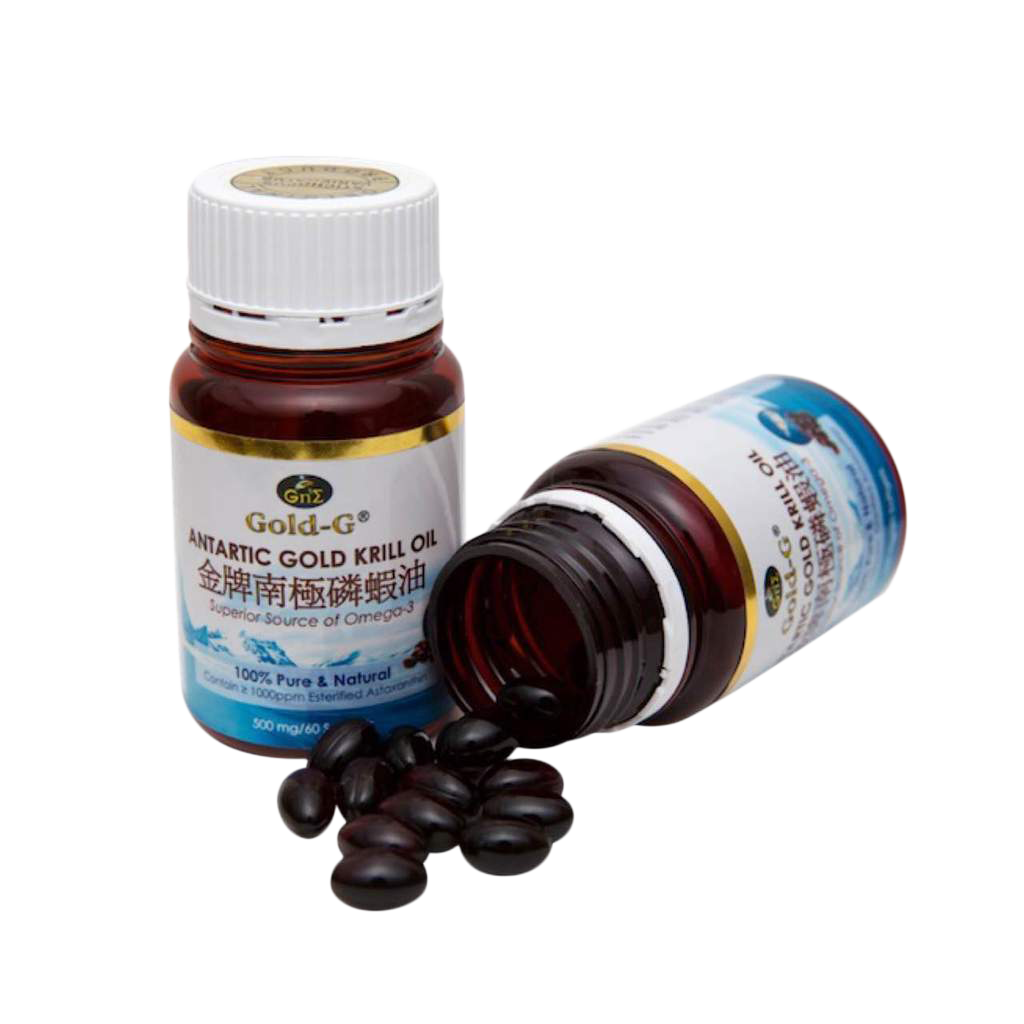Watches, telephones, maps, cameras, radios, newspapers and magazines, etc., with the rapid development of modern technology, they are gradually being replaced by smartphones. Smartphone brings convenience to people, but it also affects human’s health.
Recently, many people are spending up to 10 hours per day using smartphone. This behavior increases the risk of eye diseases and vision damage, which also increase the prevalence of dry eye disease. When a person is staring at a smartphone or computer screen for long periods of time, failure to blink regularly will increases tear evaporation, and lead to dry eye disease.
Dry eye disease is a condition in which a person does not have enough quality tears to lubricate and nourish the eye, hence causes irritated, itchy, or burning eye, and even lead to blurred vision. Researchers found that dry eye disease has been link to omega-3 deficiency. DHA is found in the highest concentration in the retina, while low levels of DHA and EPA might affect retinal function, lead to eye disease and vision damage.
In addition, Global Organization for EPA DHA Omega-3 (GOED) suggested that omega-3 fatty acids are thought to help prevent the development or attenuate the progression of age-related macular degeneration (AMD), as well as help alleviate dry eye disease.
Therefore, adequate consumption of omega-3 is important for proper visual development and retinal function, and also a solution for alleviate dry eye disease.
The researchers from the University of Melbourne have conducted a clinical trial to assess the efficacy of omega-3 in treating dry eye disease.
In this study, 60 participants with dry eye disease were recruited, and supplemented with a daily dose of either krill oil or fish oil for 90 days. The result showed that omega-3 of krill oil in a predominantly phospholipid form may confer additional therapeutic benefit with improvements in the symptoms of dry eye disease!
Krill oil is a superior choice of omega-3 supplements. It is not only containing omega-3 fatty acids in phospholipid form, but also contains a natural antioxidant, astaxanthin. Astaxanthin has protective effects against light-induced retinal damage, thus krill oil has greater potential in improving retinal function, reduce the risk of eye disease and vision damage.
GNE Gold Krill Oil is an excellent krill oil supplement.
Each 500 mg krill oil softgel contains 140 mg of omega-3 fatty acids, 210 mg of phospholipids, and up to 1000 ppm of astaxanthin!
GNE Gold Krill Oil is manufactured by the factory which is certified by Good Manufacturing Practices certification, Food Safety System certification, and Hazard Analysis and Critical Control Point certification.
Besides, the factory has obtained the Friend of the Sea certification and registered as the member of the Global Organization of EPA DHA Omega-3s (GOED). The factory also holds a unique patent for the krill oil extraction technology!
Click the link below for direct purchase.
References:
- Holfman, M. (2018, June). Survey Data Reveals Major Concerns About Screen Use, Chronic Dry Eye. Retrieved December 16, 2020, from https://www.hcplive.com/view/survey-data-reveals-major-concerns-about-screen-use-chronic-dry-eye
- Dry eye. (n.d.). Retrieved December 16, 2020, from https://www.aoa.org/patients-and-public/eye-and-vision-problems/glossary-of-eye-and-vision-conditions/dry-eye
- Diet and Nutrition. (n.d.). Retrieved December 16, 2020, from https://www.aoa.org/patients-and-public/caring-for-your-vision/diet-and-nutrition/essential-fatty-acid
- GOED (2014). OMEGA-3 FATTY ACIDS AND EYE HEALTH. Retrieved from https://goedomega3.com/storage/app/media/scientific-monographs/Eye%20Health%20Monograph.pdf
- Deinema, L. A., Vingrys, A. J., Wong, C. Y., Jackson, D. C., Chinnery, H. R., & Downie, L. E. (2017). A Randomized, Double-Masked, Placebo-Controlled Clinical Trial of Two Forms of Omega-3 Supplements for Treating Dry Eye Disease. Ophthalmology, 124(1), 43-52. doi:10.1016/j.ophtha.2016.09.023 https://www.aaojournal.org/article/S0161-6420(16)31373-2/pdf
- Otsuka, T., Shimazawa, M., Nakanishi, T., Ohno, Y., Inoue, Y., Tsuruma, K., Ishibashi, T., & Hara, H. (2013). Protective effects of a dietary carotenoid, astaxanthin, against light-induced retinal damage. Journal of pharmacological sciences, 123(3), 209–218. https://doi.org/10.1254/jphs.13066fp https://pubmed.ncbi.nlm.nih.gov/24152963/
This website does not provide medical advice. The content of this website, such as graphics, images, text and all other materials, is provided for reference and educational purposes only. The content is not meant to be complete or exhaustive or to apply to any specific individual’s medical condition. Always seek the advice of your doctor or other qualified health provider regarding a medical condition.





